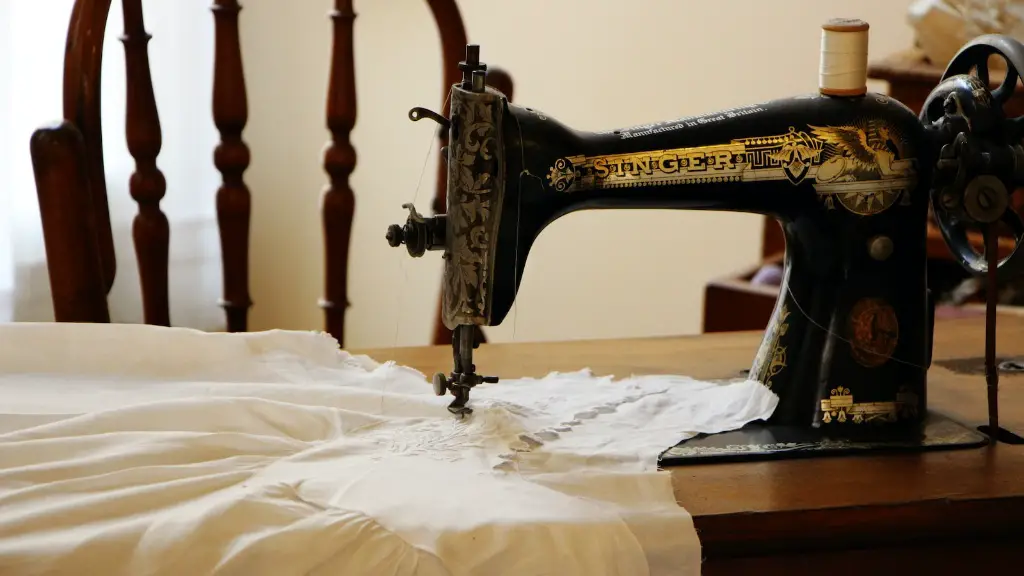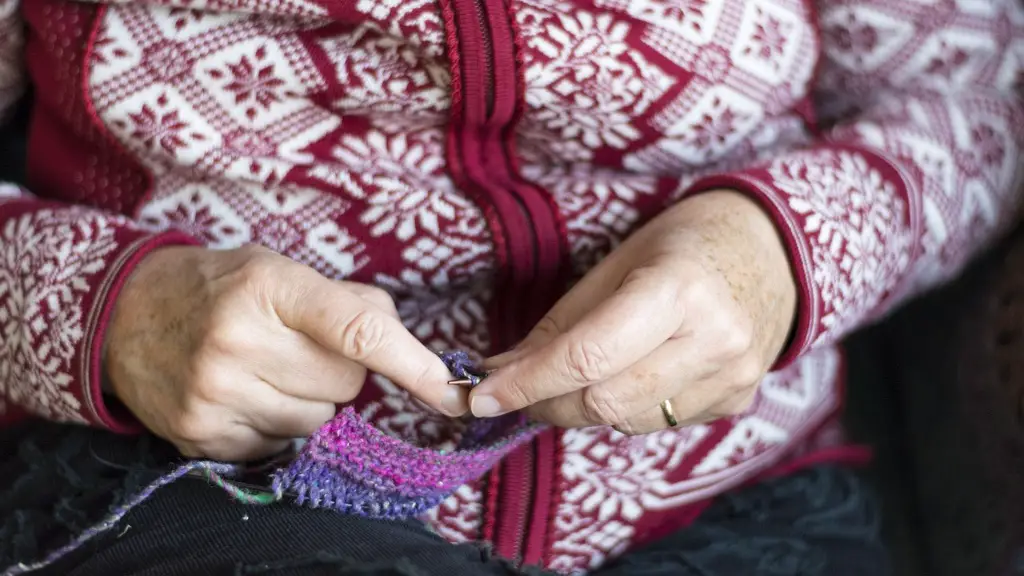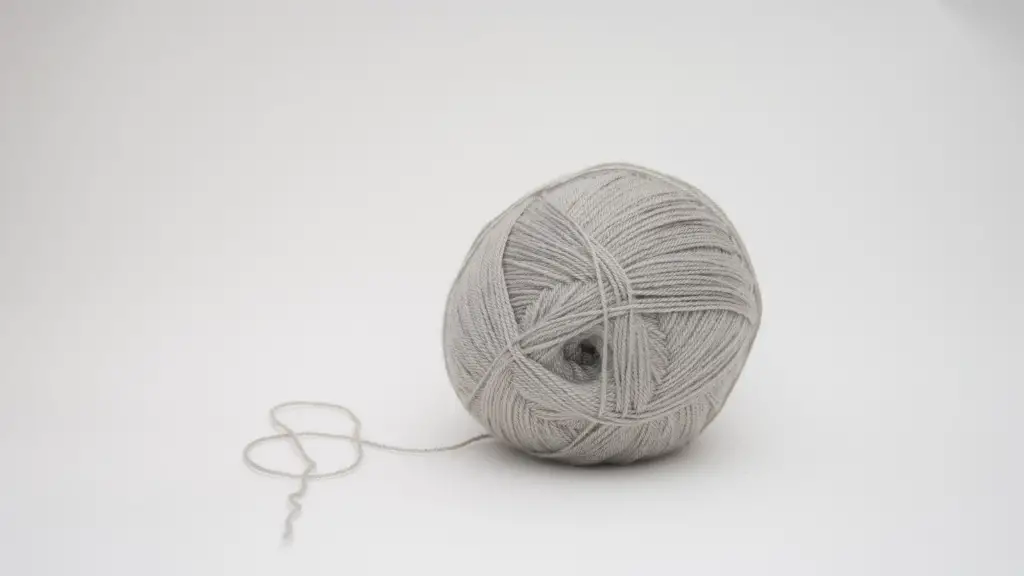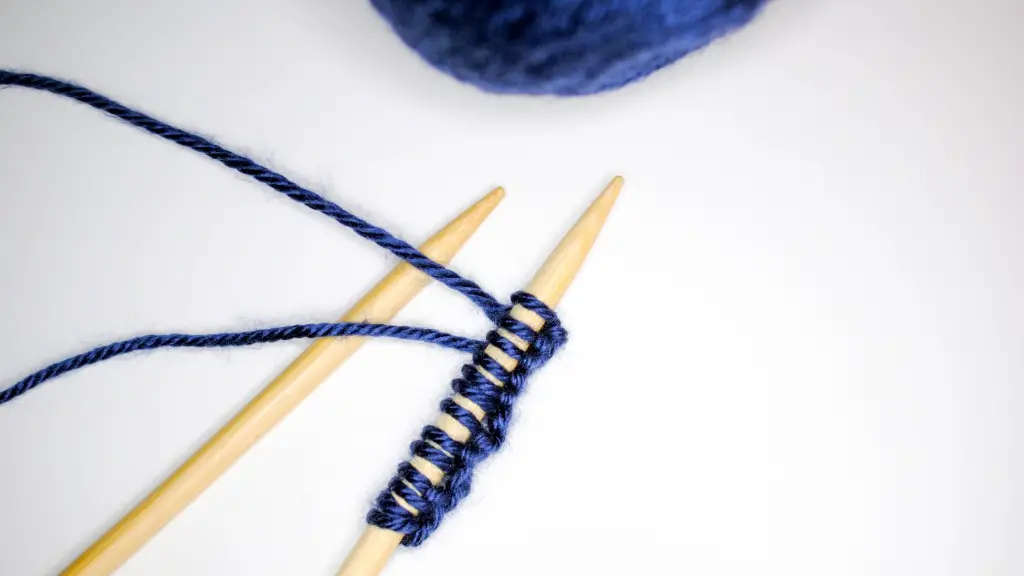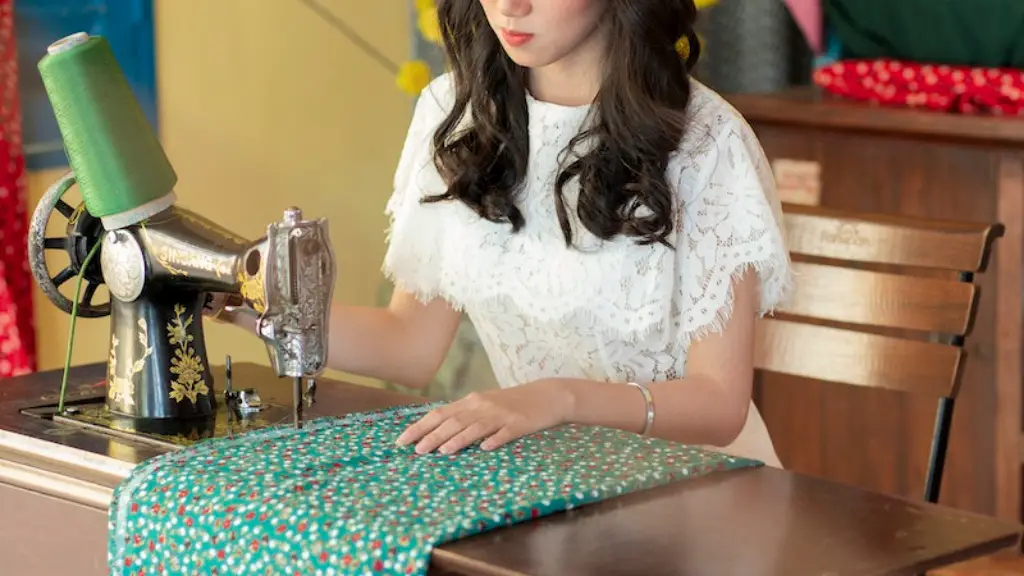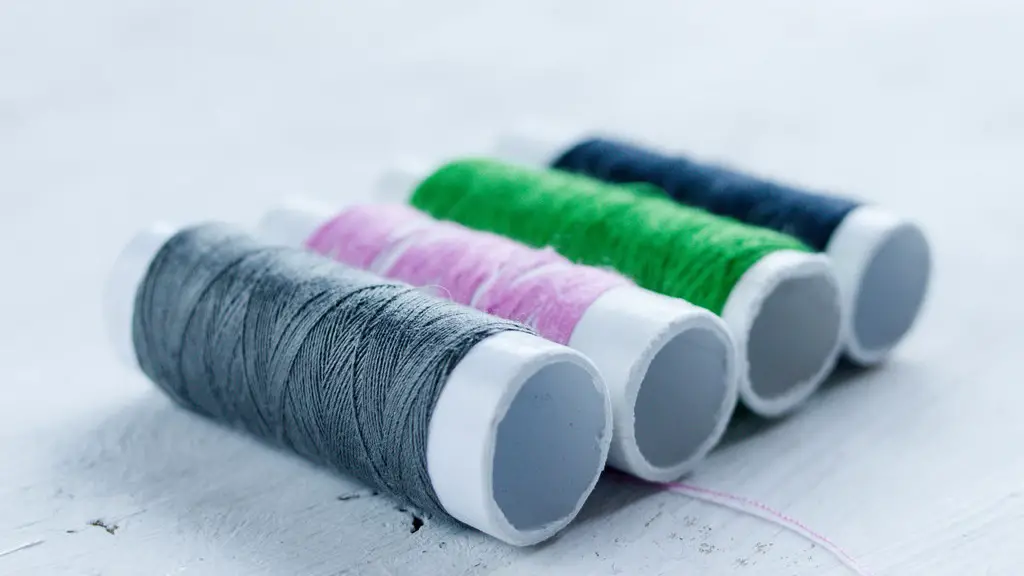There are many opinions on whether or not you can use trade marked fabrics in sewing for sale. Some people believe that as long as you are not selling the item for profit, it is fine to use trade marked fabrics. Others believe that you can use trade marked fabrics as long as you give credit to the designer or company. However, there are also those who believe that using trade marked fabrics in sewing for sale is illegal and can lead to serious consequences.
There is no definitive answer to this question as it largely depends on the trade mark in question and the country in which you are selling your garments. It is advisable to always seek permission from the trade mark owner before using their fabrics in your garments for sale.
Can I sell copyrighted fabric?
The First Sale Doctrine is an important part of copyright law that allows you to purchase a copyrighted work and then resell it without the permission of the copyright holder. This doctrine applies to all types of copyrighted works, including books, music, and artwork.
The designs on fabric are copyrightable as a “pictorial, graphic or sculptural work.” Such a copyright would restrict others from copying that fabric pattern. Under the “first sale doctrine,” the copyright gives no power to its owner to restrict the use of a the copyrighted fabric design by dressmakers.
Can you resell fabric on Etsy
If you’re looking to sell items on Etsy that you didn’t make or design yourself, you’ll need to stick to the vintage and craft supplies categories. Reselling is only allowed in these two categories, so you’ll need to make sure that the items you’re looking to sell fit into one of these categories. With that said, Etsy’s marketplace is still a great place to sell handmade and vintage items, so be sure to check it out if you’re looking for a place to sell these types of items.
To be protected under US trademark law, a fabric design or clothing/footwear design must be distinctive. A design is not considered inherently distinctive, so acquired distinctiveness or secondary meaning must be demonstrated in order for protection to be claimed.
Can you use copyrighted material if you don’t profit?
It is important to be aware that copyright and fair use laws apply to all uses of copyrighted work, even if you are using the copyrighted material for a non-profit purpose. This means that you need to be careful to use only a small portion of the work, and to make sure that your use does not negatively impact the market for the original work.
If you want to sell a work that incorporates copyrighted material, you will need to get permission from the copyright holder. They may require a flat fee or a percentage of sales in exchange for granting you the right to use the work. You will also probably be required to list the author’s name on all published copies.
How much copyrighted material can I use?
You can use up to 10%, but no more than 1000 words, of essays, articles, or stories, of a single copyrighted work. You can use up to 250 words of an entire poem, or a portion of a poem. You may not use more than 3 poems or portions of poems by one poet, or by different poets in the same book.
If you use a copyrighted work without authorization, the owner may be entitled to bring an infringement action against you. There are circumstances under the fair use doctrine where a quote or a sample may be used without permission.
Do you need permission to use copyrighted material
Copyright law can be a complex area, but the general rule is that unless the material is in the “public domain” or your use is considered a “fair use”, you must seek permission from the owner to use it. If you do not seek permission, you may be infringing and may be subject to legal action.
There are a few exceptions to this rule, such as using a copyrighted work for the purpose of criticism, commentary, news reporting, teaching, scholarship, or research. But if you’re unsure whether your use qualifies as a fair use, it’s always best to err on the side of caution and seek permission.
If you are running an online business on Etsy, it is important to make sure that you have the proper licenses and permits in place. failure to do so could result in a first-degree misdemeanor charge, which carries a penalty of up to one year in jail and a fine of up to $1,000. Additionally, you may be ordered to pay restitution or complete probation.
What are you not allowed to sell on Etsy?
Etsy has a strict policy against selling products made with hazardous materials, as these can pose a potential risk of harm to both the manufacturer and the consumer. This includes items that are explosive, flammable, gases, radioactive, toxic, and weapons. If you are caught selling such items on Etsy, you will be subject to disciplinary action.
Yes, it is possible to get scammed on Etsy. There are a few things to watch out for when shopping on the site:
– only purchase from sellers with good feedback scores
– be aware of red flags like grammatical errors in the listing description, no photos of the product, etc.
– if possible, pay with a credit card so you can dispute the charges if necessary
– be cautious of any seller who asks for personal information (e.g. your address or Social Security number)
If you do end up getting scammed, you can report it to Etsy and they will help you try to get your money back.
Can you use something if it is trademarked
Just because a company owns a trademark does not mean that another entity can never use it. The law allows you to use a trademark without getting the owner’s permission for informational use. You use it to editorialize or educate about a specific product or service.
Trademark infringement is the unauthorized use of a trademarked name or logo. Infringement can occur when someone uses a trademark without permission from the owner, or in a way that is likely to confuse consumers about the source of the goods or services. Trademark infringement is prosecuted under civil laws, and is not a criminal act. Instead, lawsuits over trademark infringement will usually require you to stop using the trademark, and you may have to return any profits made off of the infringing use, or pay money damages for the use of the trademark.
How do I get permission to use a trademarked material?
Dear [trademark owner],
I am writing to request permission to use your trademark or logo in connection with [project]. I would like to use the logo as follows: [brief description of planned use].
I believe that this use will be in line with your trademark policies and will not reflect negatively on your brand. I would appreciate your written permission to use the logo, and I would be happy to answer any questions that you may have.
Thank you for your time,
[Your name]
Fair use is a legal doctrine that allows for the use of copyrighted material in certain circumstances. Under US law, fair use is determined on a case-by-case basis. Factors that are considered include the purpose and character of the use, the nature of the copyrighted work, the amount and substantiality of the portion used, and the effect of the use on the market for the copyrighted work.
Warp Up
Most trade marked fabrics cannot be used in sewing for sale. The copyrighted material is usually restricted to use for personal Sewing only. There are some companies that do have a “home sew” license which allows the use of their fabrics in home sewing projects that will be sold, but these are generally high-end designers and their fabrics are usually only available through licensed quilt shops.
There is no easy answer when it comes to using trade marked fabrics in sewing for sale. While some argue that it is perfectly fine to do so, others assert that it is illegal and could lead to serious consequences. Ultimately, it is up to the individual to decide whether or not they want to risk using trade marked fabrics in their sewing projects.
